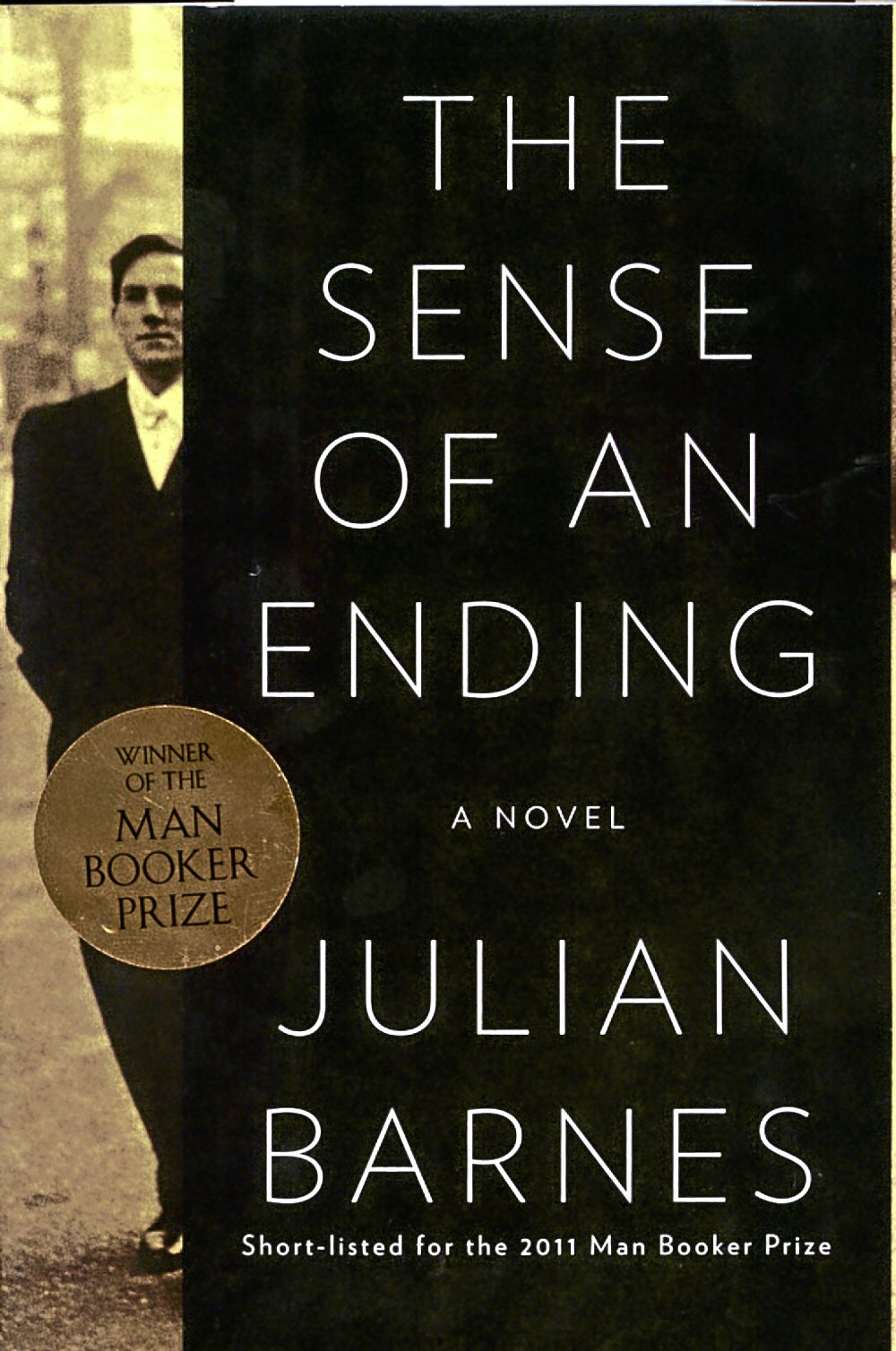
The Sense of an Ending follows a middle-aged man as he contends with a past he has never much thought about—until his closest childhood friends return with a vengeance, one of them from the grave, another maddeningly present.








































If you buy books linked on our site, Lit Hub may earn a commission from Bookshop.org, whose fees support independent bookstores.

